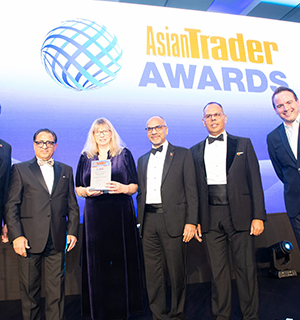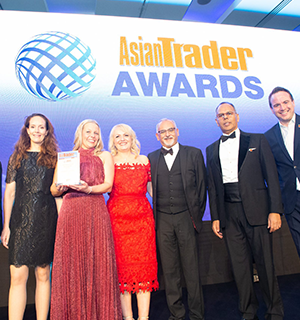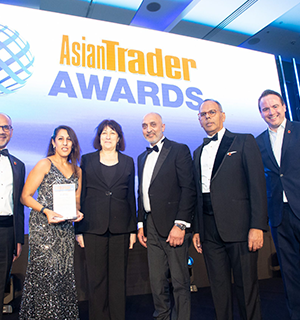Britain and New Zealand have reached agreement in principle on a free trade deal designed to reduce tariffs, improve services trade, and take London one step closer to membership in a broader trans-Pacific trade agreement.
Prime ministers Boris Johnson and Jacinda Ardern sealed the deal in a Zoom call on Wednesday after 16 months of negotiation.
Johnson said it was a “big moment” that strengthened Britain’s friendship with New Zealand and cemented London’s ties in the Indo-Pacific.
He likened negotiations for Britain’s latest post-Brexit trade deal to a rugby match.
“I’m absolutely thrilled that we seem to have driven for the line, we’ve scrummed down, we’ve packed tight and together we’ve got the ball over the line,” he said.
Ardern continued the sporting analogy, saying Thursday that “unlike a rugby match, I think we can literally both come off the field feeling like winners”.
London said the deal ends tariffs on British exports such as clothing, footwear, ships and bulldozers. Tariffs on goods coming the other way, such as wine, kiwifruit and meat, will also be axed.
“It’s one of our best deals ever and secured at a crucial time in our Covid recovery,” Ardern said.
Tariffs on 97 per cent of the products will be eliminated for both countries the day the deal comes into force, she added. It estimated that trade between the two countries last year was worth £2.3 billion.
Under the trade pact, tariffs on dairy products will be gradually eliminated after five years. It also will end annual tariffs of NZ$14.1 million (£7.34m) on wine, New Zealand’s largest export to the UK.
It gives significantly more access for New Zealand’s beef and sheep meat to the British market, and all tariffs will be eliminated after 15 years, which upset Britain’s farmers.
“The government is now asking British farmers to go toe-to-toe with some of the most export-orientated farmers in the world, without the serious, long-term and properly funded investment in UK agriculture that can enable us to do so,” National Farmers’ Union President Minette Batters said.
Opposition Labour Party also criticised the deal, saying it harmed farmers and failed to deliver on jobs, exports or economic growth.
The deal took longer than expected to reach, coming nearly two months after a target date. It comes only months after a similar British agreement with Australia as ministers in London look to flesh out a post-Brexit pivot away from relying on commerce with the European Union.
“This is a great trade deal for the United Kingdom, cementing our long friendship with New Zealand and furthering our ties with the Indo-Pacific,” Johnson said in a statement.
The immediate economic impact of any deal on Britain’s economy is expected to be negligible according to British analyses published in 2019 and 2020. An updated economic analysis will be published when the deal is signed, for which a date has not been set.
New Zealand said the deal would provide a boost of almost NZ$1 billion to its GDP. It’s the South Pacific nation’s second deal this year after sealing an upgraded trade pact with its biggest trading partner China in January.
The agreement signals a return of close trade ties between the nations that were curtailed when Britain joined the then European Economic Community in the 1970s.
It also aligns with Britain foreign policy push for more influence in the Indo-Pacific to try to moderate China’s global dominance.
The government sees it as another stepping stone toward joining the Comprehensive and Progressive Agreement for Trans-Pacific Partnership (CPTPP) – an 11-country bloc including Australia, Singapore and Mexico.
CPTPP membership has emerged as Britain’s top post-Brexit trade aim after the prospects of a quick and comprehensive deal with the United States faded. Britain is hoping to become a member by the end of 2022.








 To use this website you must be aged 18 years or over. Please verify your age before entering the site.
To use this website you must be aged 18 years or over. Please verify your age before entering the site.










